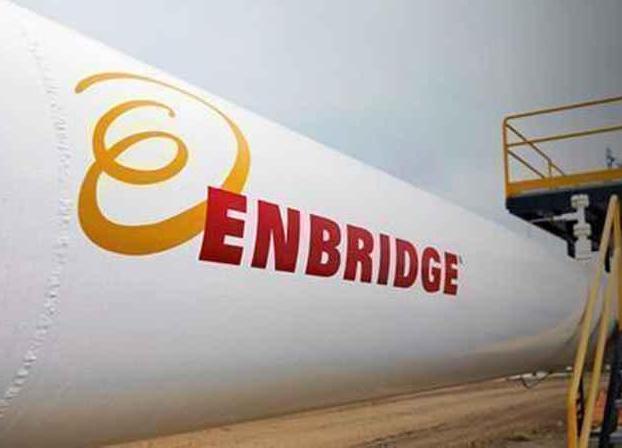Enbridge, FortisBC to Study Hydrogen Delivery Through Canadian Gas Pipeline Infrastructure
(P&GJ) — Enbridge Inc. and FortisBC Energy Inc. (FortisBC) announced funding, with contributions from the British Columbia Ministry of Energy, Mines and Low Carbon Innovation, for their own respective studies to produce an integrated summary that will examine how hydrogen, a low-carbon energy source, can be safely and reliably delivered using the province's existing gas pipeline infrastructure.
This hydrogen blending study will look at the percentage of hydrogen that can be safely transported through gas pipeline infrastructure, such as Enbridge's Westcoast natural gas transmission system, as well as FortisBC's gas transmission and distribution systems, to reduce greenhouse gas emissions and help develop a low-carbon energy economy. If upon completion it is determined that hydrogen can be safely transported in this infrastructure, the study will be used to inform the development of codes and standards to regulate its transportation and help to inform the development of a commercial hydrogen market in the province.
Enbridge's Westcoast system operates more than 2,900 km (1,801 miles) of pipeline from the northeast of the province to the U.S.-Canada border and east to the B.C.-Alberta border. This pipeline system supplies natural gas to FortisBC's approximately 51,000 km gas transmission and distribution system. The gas transported on these systems is ultimately used to heat homes, hospitals, businesses and schools.
B.C.'s gas infrastructure can play an important role in enabling the energy transition and providing people with the energy they need and use every day. As the energy transition progresses, the type of energy transported on this infrastructure can change to include more low-carbon and renewable sources. B.C. is well positioned to make this happen and has significant potential to produce the energy needed to transition to a low-carbon future that creates new opportunities for communities and Indigenous groups to participate in the energy transition.
"At Enbridge, we are working hard to reduce our greenhouse gas emissions and the carbon intensity of the energy we transport," Cynthia Hansen, Enbridge executive vice president and president, gas transmission and midstream, said. "One way we're doing this is by using our existing energy infrastructure to transport low-carbon forms of energy such as hydrogen. This important study will play a critical role in determining how existing energy infrastructure can be used to transport hydrogen and how we can continue to work to advance the energy transition."
Related News
Related News

- Keystone Oil Pipeline Resumes Operations After Temporary Shutdown
- Freeport LNG Plant Runs Near Zero Consumption for Fifth Day
- Biden Administration Buys Oil for Emergency Reserve Above Target Price
- Mexico Seizes Air Liquide's Hydrogen Plant at Pemex Refinery
- Enbridge to Invest $500 Million in Pipeline Assets, Including Expansion of 850-Mile Gray Oak Pipeline





Comments